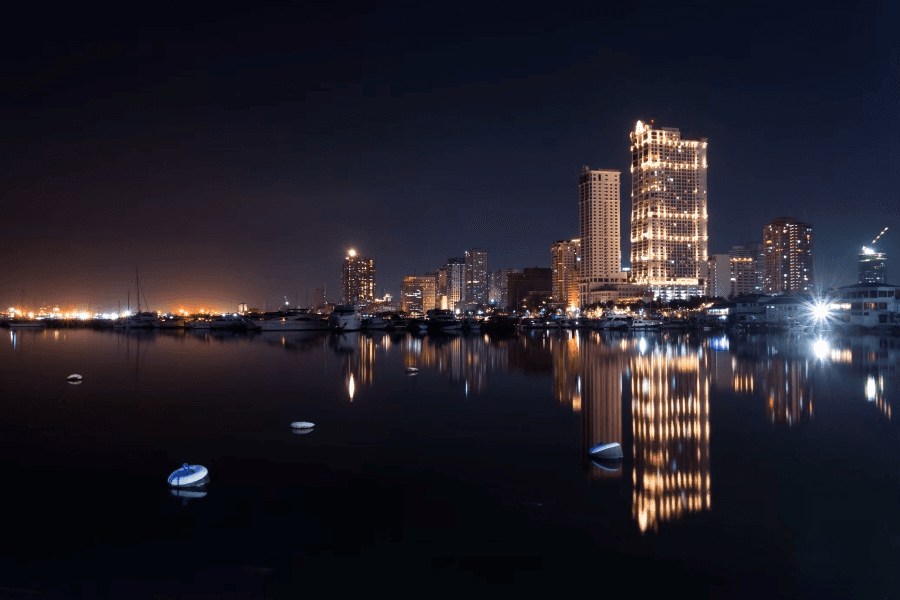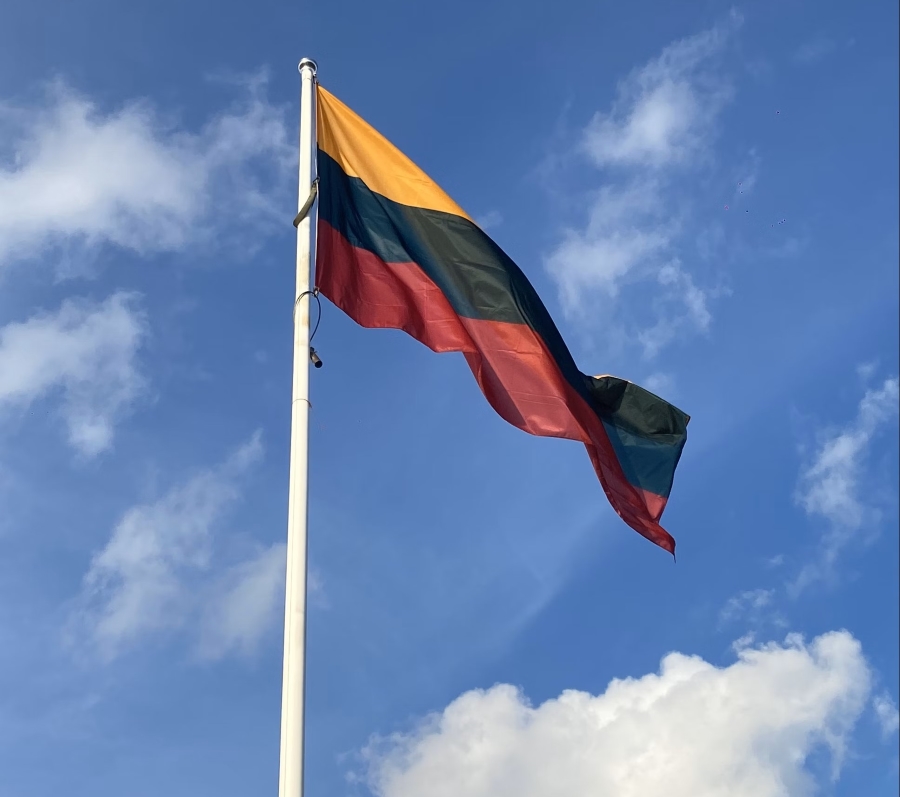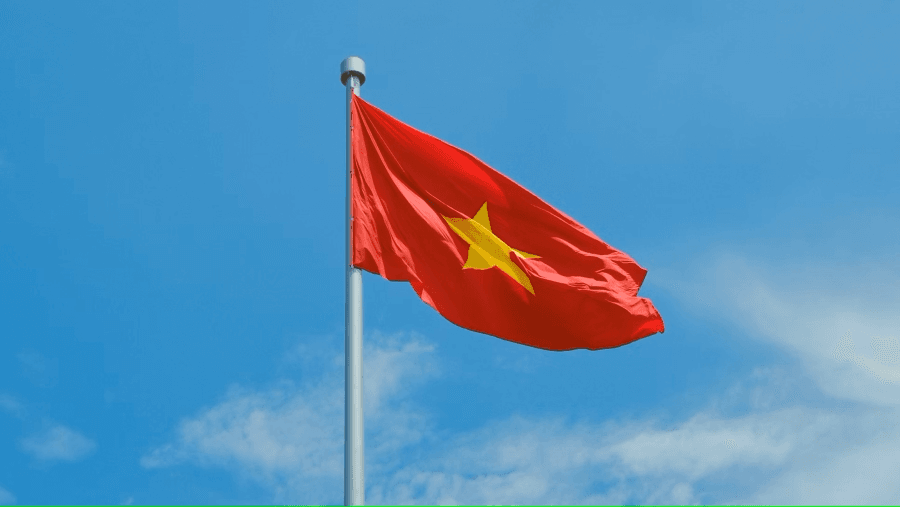


Philippine Amusement and Gaming Corporation Chairman and CEO Alejandro Tengco said Thailand’s move to legalise casinos presents a challenge to the Philippine gaming sector, which has become Asia’s second-largest gambling hub.

Philippine Amusement and Gaming Corporation (PAGCOR) Chairman and CEO Alejandro Tengco said Thailand’s move to legalise casinos presents a challenge to the Philippine gaming sector, which has become Asia’s second-largest gambling hub. With Thailand attracting much more international visitors than the Philippines, its potential entry into the casino market could intensify regional competition.
Speaking to local reporters, Tengco has acknowledged the potential impact of Thailand’s plans. In response, he said that PAGCOR is working to strengthen the country’s gaming sector by enhancing regulatory policies and attracting more investors. A key initiative is the planned separation of PAGCOR’s dual role as both regulator and casino operator to ensure a more competitive environment.
Thailand’s Cabinet has already cleared a draft bill allowing casinos within designated entertainment complexes, a move aimed at boosting its tourism-driven economy. If this legislation is approved, Thailand could quickly establish itself as a formidable player in the region’s gaming industry.
Philippine gaming industry’s growth and outlook
Despite looming competition, the Philippine gaming industry has experienced robust growth. PAGCOR has projected gross gaming revenue (GGR) to reach between PHP450 billion and PHP480 billion (€7.4 billion and €7.9 billion) in 2025, up from PHP410.5 billion (€6.8 billion) in 2024.
The online gaming sector is a major driver of this growth, which has seen substantial expansion. Tengco has indicated that online gaming revenues could match those of brick-and-mortar casinos within the next two to three years. Data from 2024 showed a 24.81 percent rise in overall GGR, with e-games experiencing a sharp 309.20 percent increase to PHP135.7 billion (€2.2 billion). However, revenue from land-based casinos, which contributed PHP 201.8 billion (€3.3 billion), saw a slight decline of 2.72 percent.
To encourage further investments in online gaming and curb illegal operations, PAGCOR recently reduced remittance rates for e-games, a move expected to make legal online betting more attractive to investors.

Industry insights: Potential impact of Thailand’s casino market
Industry expert Jonas Diego has agreed with Tengco’s concerns regarding Thailand’s potential entry into the casino sector. Speaking exclusively with SiGMA News, Diego pointed to Singapore’s success in leveraging integrated resorts (IRs) to boost tourism and the economy, citing the example of Marina Bay Sands and Resorts World Sentosa, which have significantly contributed to Singapore’s status as a luxury destination.
Diego noted that Thailand’s existing tourism industry, which saw 35 million visitors in 2024, gives it a strong advantage. “I think PAGCOR Chairman Alejandro Tengco’s concerns about Thailand is valid,” Diego said. “If the country [Thailand] does indeed legalise gambling and it grows at a similar pace as Singapore, then we can certainly expect fierce competition from Thailand potentially eating up a piece of our pie.”
“Thailand’s Entertainment Complex Bill continues to make its way through legislative channels (back to the cabinet in March, then off to parliament),” he said. “But given the operators that have expressed interest in entering the market (Genting Singapore, Las Vegas Sands, Galaxy Entertainment Group, Melco Resorts, Wynn Resorts, and MGM Resorts), it’s probably safe to say it will be significant and that we best prepare while we have some time.”
Strategies for the Philippine gaming sector
While it remains uncertain how much market share Thailand could take from the Philippines, Diego believes it is crucial to prepare for competition while time allows. He emphasised that efforts should not focus solely on gambling but on enhancing the broader tourism experience.
According to Diego, maintaining the Philippines’ competitiveness will require collaboration among various stakeholders to create a compelling overall experience for visitors. Strengthening infrastructure, improving accessibility, and promoting unique tourism offerings beyond gaming could help the Philippines retain and grow its market.
“While there’s certainly a number of things we can do to ensure we hold our own when it comes to the gaming sector, we have to remember to keep an eye on the bigger picture and not necessarily focus on just gambling,” he said. “If we’re going to be able to compete with Thailand, we need to offer an amazing overall Philippine experience, and in order to do that, we’re going to need a multi-stakeholder approach.” Diego concluded.











